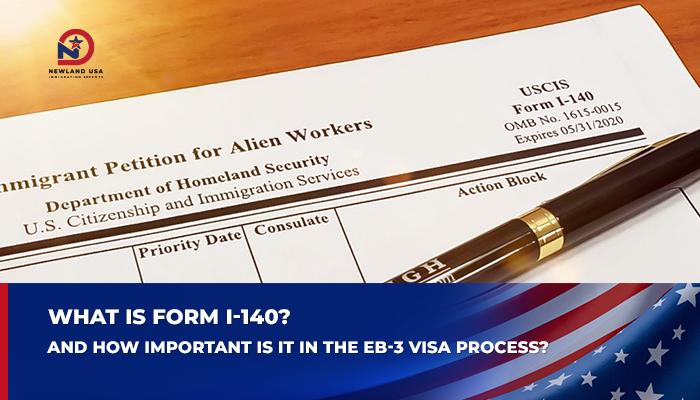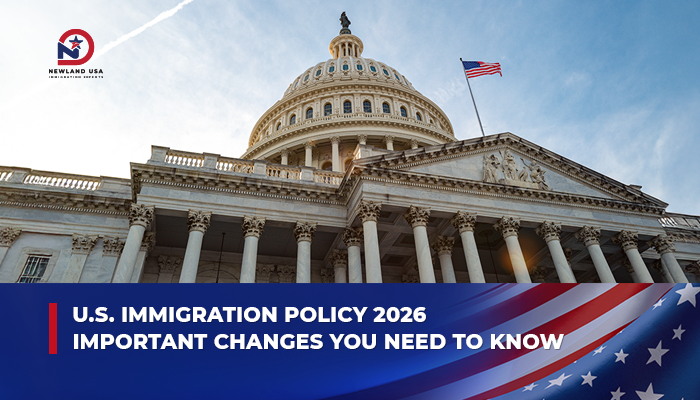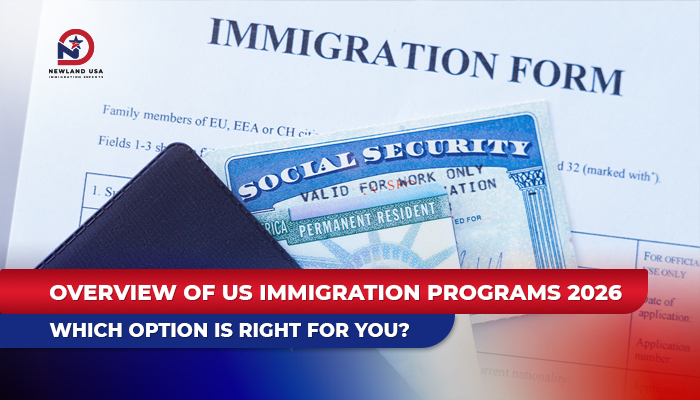US Tax Policy for New Immigrants
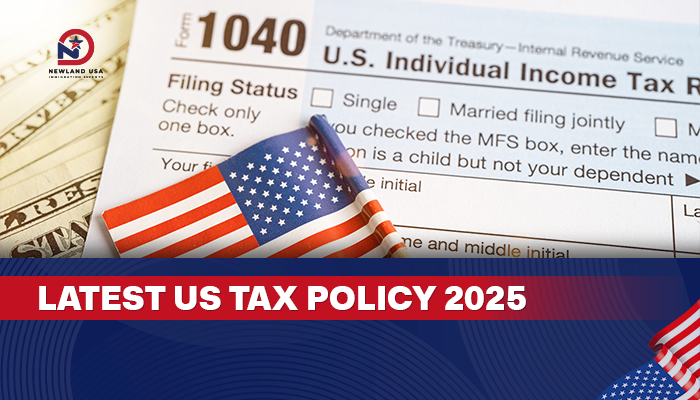
Understanding US tax policy is crucial for new permanent residents to ensure legal compliance and maintain their green card status. This article provides updated information about the US tax system, guidance on how to pay taxes in the US, and special tax regulations for new immigrants to the US.
1. Overview of the US Tax System
The US tax system is structured around three basic types of taxes, creating a solid financial framework for the American economy. Understanding each type of tax will help new immigrants better prepare for their financial obligations.
1.1. Individual Income Tax
The most important tax in the US is individual income tax, which applies on a worldwide basis. This means that all permanent residents and US citizens must report all income from around the world, not just income earned in the US.
Taxable income includes: wages, bonuses, business income, bank interest, dividends, rental property income, royalties, and many other sources of income. US tax policy requires that all of these income sources be reported transparently and accurately.
1.2. Sales Tax
Sales tax, also known as consumption tax, is applied at the point of sale of goods or services. This is an important part of the US tax system at the state and local levels. Currently, 38 states across the US apply sales tax with different tax rates depending on the region.
1.3. Property Tax
Property tax focuses mainly on real estate such as land, houses, and other tangible assets. This is the most important revenue source for states and local governments, used to fund public services such as education, transportation, security, emergency medical services, and fire prevention.
2. Tax Obligations of US Permanent Residents
When receiving a green card and becoming a lawful permanent resident, individuals gain the right to live and work long-term in the US. However, this also means they must take on the responsibility of paying taxes in the US according to regulations.
2.1. Worldwide Tax Reporting Requirements
Taxes for new US immigrants have a very important characteristic: permanent residents must report and pay taxes on all worldwide income, regardless of where they are living. This means that even when permanent residents are temporarily residing abroad, they must still comply with tax obligations to the US Internal Revenue Service (IRS).
Paying taxes in the US requires permanent residents to file tax returns at both the federal level (IRS) and state level. Rules about income tax, property tax, and gift tax all apply uniformly to permanent residents just as they do to US citizens.

3. Individual Income Tax Brackets
US tax policy applies a progressive tax system, meaning tax rates increase gradually with each income bracket. What’s special is that when income increases, taxpayers only pay the higher tax rate on the portion of income that exceeds the threshold, not on the entire amount earned.
The US tax system for 2025 is structured with 7 tax brackets as follows:
Bracket 1: Income from $0 to $11,000 – Tax rate 10%
Bracket 2: Income from $11,001 to $44,725 – Tax rate 12%
Bracket 3: Income from $44,726 to $95,375 – Tax rate 22%
Bracket 4: Income from $95,376 to $182,100 – Tax rate 24%
Bracket 5: Income from $182,101 to $231,250 – Tax rate 32%
Bracket 6: Income from $231,251 to $578,125 – Tax rate 35%
Bracket 7: Income from $578,126 and above – Tax rate 37%
3.1. Real Tax Calculation Example
To better understand how to calculate taxes for new US immigrants, we can look at the following specific case:
A permanent resident with total annual income of $58,000 would calculate taxes as follows:
- First $11,000: 10% × $11,000 = $1,100
- Portion from $11,001 to $44,725: 12% × $33,725 = $4,047
- Portion from $44,726 to $58,000: 22% × $13,275 = $2,920.50
- Total tax owed: $8,067.50
This calculation shows that US tax policy is designed to ensure fairness – people with lower incomes bear a lighter tax burden.
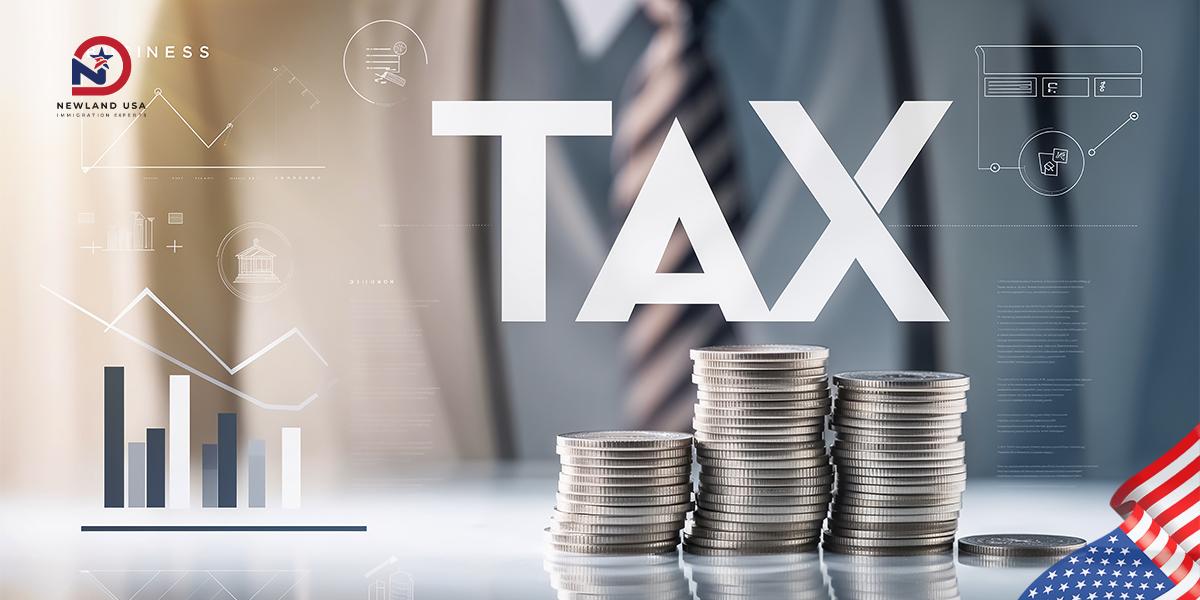
4. Tax Filing Deadlines and Procedures
Paying taxes in the US must comply with the schedule set by the IRS. Permanent residents need to note the following important information:
4.1. Tax Return Filing Deadline
The final deadline to file income tax returns (using Form 1040 or 1040-SR) and pay any remaining tax owed is April 15 of the following year. For example, tax returns for 2025 must be filed before April 15, 2026.
4.2. Extension Options
US taxes allow taxpayers to receive an automatic extension until October 15 by submitting a request via email or online. However, it’s important to note that the extension only applies to the filing deadline, not the tax payment deadline.
5. Special Considerations for New Immigrants
Taxes for new US immigrants require thorough preparation and deep understanding of regulations. New permanent residents should:
- Learn thoroughly about worldwide tax obligations: All income from all sources and all countries must be reported.
- Prepare complete documentation: Keep all receipts and documents related to income and expenses that may be tax-deductible.
- Learn about tax exemptions and deductions: US tax policy has many support programs and tax exemptions for special cases.
- Consult with experts: Especially in the early years, seeking support from experienced tax professionals is essential.

6. Impact of Tax Policy on New Immigrants
Understanding US taxes not only helps permanent residents comply with the law but also has a positive impact on maintaining green card status and working toward US citizenship in the future. Paying taxes in the US on time and in full is one of the important factors considered when evaluating citizenship applications.
Furthermore, understanding US tax policy also helps permanent residents plan their personal finances effectively, legally optimize taxes, and avoid unnecessary risks.
7. Conclusion
US taxes form a complex but highly logical system designed to ensure fairness and efficiency in funding government activities. For taxes for new US immigrants, understanding the regulations is not only a legal obligation but also an important first step in the journey of integrating into American society.
At Newland USA, we not only provide US immigration services but also support clients in their journey of cultural integration in this new country. If you need more information, please contact Newland USA immediately at hotline 0785591988 or email: newsletter@newlandusa.asia for detailed and free consultation.







